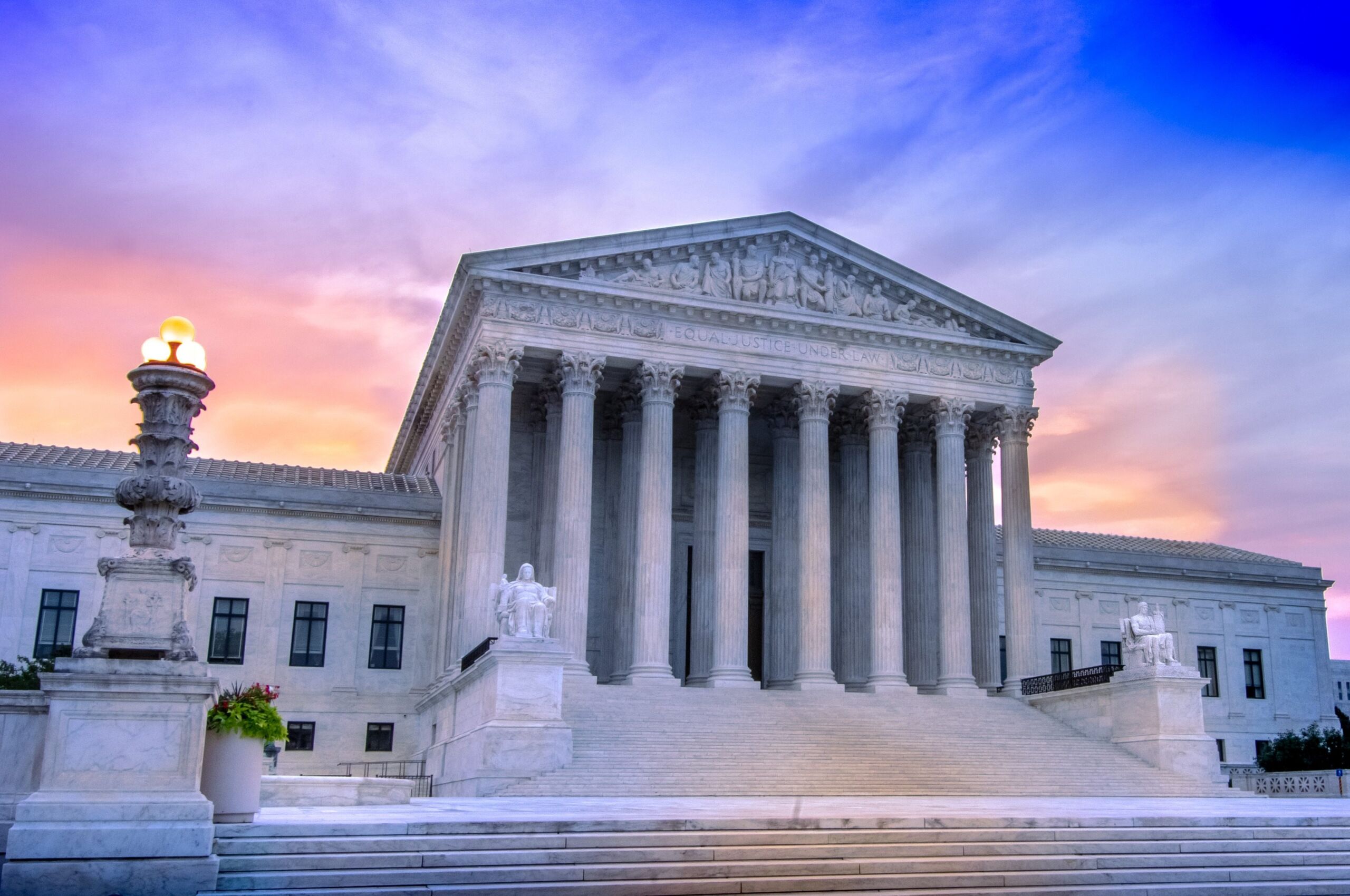Is the tax code fair?
According to the Tax Foundation’s 2024 National Tax Literacy Poll, 65 percent of US taxpayers would say “no.” Though fairness is in the eye of the beholder, another finding points to one potential reason: some think the rich don’t pay enough. In fact, 58 percent believe high earners should pay more in federal taxes.
The question of fairness, then, at least for these respondents, is one of progressivity.
Progressive vs. Regressive Taxes
A tax code is progressive when higher-income individuals shoulder a greater share of the tax burden than lower- and middle-income taxpayers. In other words, as a person’s income increases, so does the amount they must pay in taxes.
In contrast, a tax code is regressive when lower-income individuals face a greater tax burden than middle- and higher-income individuals.
The US Tax Code Is Progressive
Like many developed countries, the US has a progressive taxA progressive tax is one where the average tax burden increases with income. High-income families pay a disproportionate share of the tax burden, while low- and middle-income taxpayers shoulder a relatively small tax burden. system.
This is especially true at the federal level, where the individual income taxAn individual income tax (or personal income tax) is levied on the wages, salaries, investments, or other forms of income an individual or household earns. The U.S. imposes a progressive income tax where rates increase with income. The Federal Income Tax was established in 1913 with the ratification of the 16th Amendment. Though barely 100 years old, individual income taxes are the largest source serves as the primary source of government tax revenue, accounting for roughly 40 percent. A tax levied on wages, salaries, and other forms of personal income, the US individual income tax utilizes a graduated rate system. This system currently has seven tax bracketsA tax bracket is the range of incomes taxed at given rates, which typically differ depending on filing status. In a progressive individual or corporate income tax system, rates rise as income increases. There are seven federal individual income tax brackets; the federal corporate income tax system is flat. with rates ranging from 10 percent to 37 percent that correspond to a person’s income level and filing status, so that higher rates apply to higher levels of income. Said in a different way, higher-income Americans tend to face higher marginal tax rates and pay more in federal income taxes.
The latest IRS tax data reveals that the top 50 percent of US taxpayers paid 97 percent of all federal income taxes in 2022, while the bottom 50 percent paid the other 3 percent. In fact, taxpayers in the bottom 20 percent enjoy a negative effective tax rate, meaning they are eligible to receive more in tax breaks than they owe in taxes, thanks in part to refundable tax credits like the earned income tax credit (EITC). The Tax Foundation has previously reached similar conclusions, finding in a 2023 study that the overall US tax and transfer system is overwhelmingly progressive, with low-income earners receiving far more in transfers than they make in tax payments.
The reality is that, since the inception of the modern federal individual income tax in 1913, the US tax code has generally become more progressive, not less. Will the recent tax changes made by the One Big Beautiful Bill Act (OBBBA) alter this?
The OBBBA’s Impact on Progressivity
The OBBBA does not substantially change the federal tax code’s overall progressive nature.
That’s because the final law essentially maintains the progressive federal income tax as the centerpiece of federal tax collections. It primarily makes the previous income tax rates, brackets, and many other features permanent while adding some new provisions that do not fundamentally alter the overall structure of the code. Many of the new provisions and expansions of previous features, such as the child tax credit, benefit lower-income Americans, while higher earners will still face higher marginal tax rates.
Tax Foundation analysis suggests that all income groups will see higher after-tax incomes because of the OBBBA, both in the short term and in the long term, after accounting for the law’s economic impacts. However, the benefits, according to this metric, range across income groups and years. For example, in 2026, we estimate the bottom quintile of earners will see an average increase in after-tax income of 2.6 percent, while the top quintile will see an average increase of 5.0 percent. While this is a standard way to examine the distributional impacts of a tax bill, if we were to consider only the change in taxes, the differences would be still greater across income groups. And that’s because of the progressive nature of the tax system, which has become more progressive over time.
Does this make the tax code fair? It depends on how you define it. But it does mean it’s still progressive, and approximately just as progressive now than it was before the OBBBA became law. Our estimates indicate that the OBBBA will not substantially change the share of taxes paid by income level. Thus, high earners will continue to pay the vast majority of federal income taxes.
Confused? Boost Your Tax Knowledge with TaxEDU
Tax policy can be complex. Thankfully our resources for understanding them aren’t.
Learn more
Share this article



























